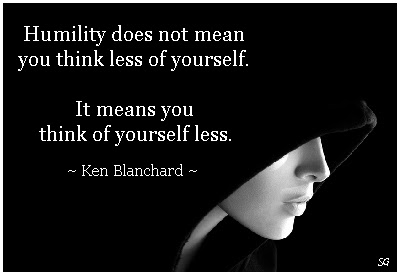Improving your memory...
It is inevitable as we grow older that our memories fail to function as well as they did when we were young. Older people especially need ways of remembering information it is all too frustrating to find myself walking from Gwyer to main school to find I’ve forgotten why I was going there. A ‘mnemonic’ is another word for a memory tool. Mnemonics are techniques for remembering information that is otherwise quite difficult to recall: A very simple example is the ‘30 days hath September’ rhyme for remembering the number of days in each calendar month. Rhymes and music are excellent ways of training our memory as in simple tunes for learning the alphabet.
The idea behind using mnemonics is to encode difficult-to-remember information in a way that is much easier to remember.
Our brains evolved to code and interpret complex stimuli such as images, colours, structures, sounds, smells, tastes, touch, positions, emotions and language. We use these to make models of the world we live in and to navigate our way around it. Our memories store all of these very effectively. Unfortunately, a lot of the information we have to remember in our daily life is presented differently – as words printed on a page. While writing is a rich way for conveying complex arguments, our brains do not easily encode written information, making it difficult to remember.
Using Your Whole Mind to Remember
The key idea is that by coding information using vivid mental images, you can reliably code both information and the structure of information. And because the images are vivid, they are easy to recall when you need them. The techniques explained here show you how to code information vividly, using stories, strong mental images, familiar journeys, and so on.
You can do the following things to make your mnemonics more memorable:
• Use positive, pleasant images. Your brain often blocks out unpleasant ones.
• Use vivid, colourful, sense-laden images – these are easier to remember than drab ones.
• Use all your senses to code information or dress up an image. Remember that your mnemonic can contain sounds, smells, tastes, touch, movements and feelings as well as pictures.
• Give your image three dimensions, movement and space to make it more vivid. You can use movement either to maintain the flow of association, or to help you to remember actions.
• Exaggerate the size of important parts of the image.
• Use humour! Funny or peculiar things are easier to remember than normal ones.
• Similarly, rude rhymes are very difficult to forget but not too rude...
• Symbols (red traffic lights, pointing fingers, road signs, etc.) can code complex messages quickly and effectively.
Designing Mnemonics: Imagination, Association and Location
The three fundamental principles underlying the use of mnemonics are imagination, association and location. Working together, you can use these principles to generate powerful mnemonic systems.
Imagination: is what you use to create and strengthen the associations needed to create effective mnemonics. Your imagination is what you use to create mnemonics that are potent for you. The more strongly you imagine and visualise a situation, the more effectively it will stick in your mind for later recall. The imagery you use in your mnemonics can be as violent and vivid as you like, as long as it helps you to remember.
Association: this is the method by which you link a thing to be remembered to a way of remembering it. You can create associations by:
• Placing things on top of each other.
• Crashing things together.
• Merging images together.
• Wrapping them around each other.
• Rotating them around each other or having them dancing together.
• Linking them using the same colour, smell, shape, or feeling.
As an example, you might link the number 1 with a goldfish by visualizing a 1-shaped spear being used to spear it.
Location: gives you two things: a coherent context into which you can place information so that it hangs together, and a way of separating one mnemonic from another. By setting one mnemonic in a particular town, I can separate it from a similar mnemonic set in a city. For example, by setting one in Wimbledon and another similar mnemonic with images of Manchester, we can separate them with no danger of confusion. You can build the images and atmosphere of these places into your mnemonics to strengthen the feeling of location.

.jpg)

.jpg)















